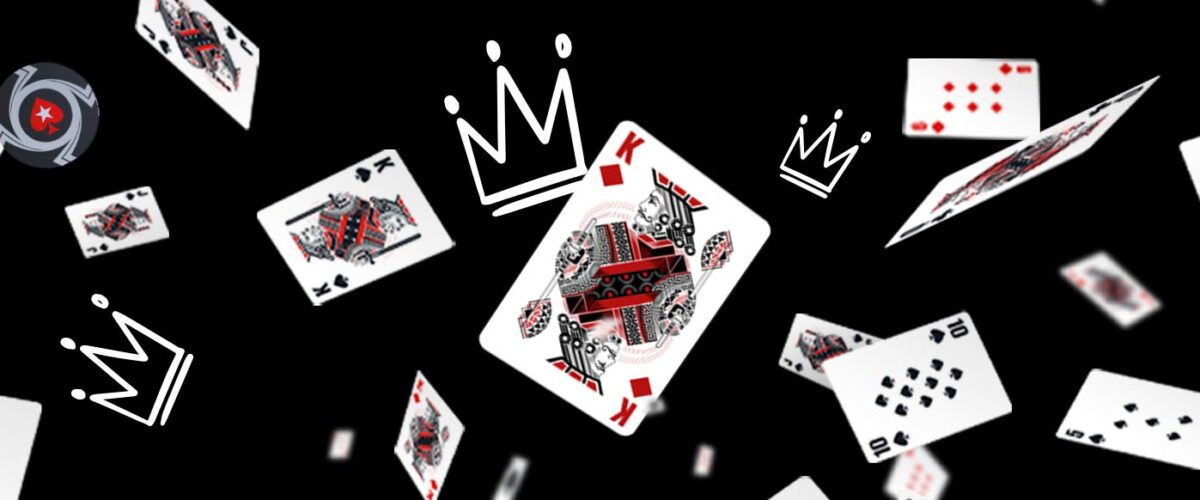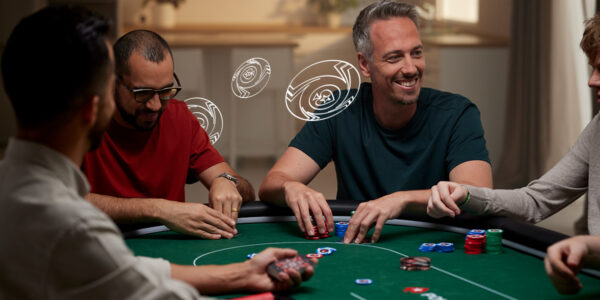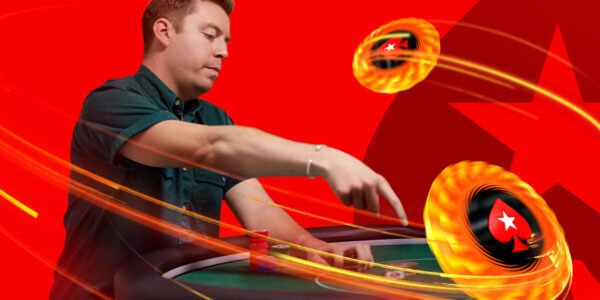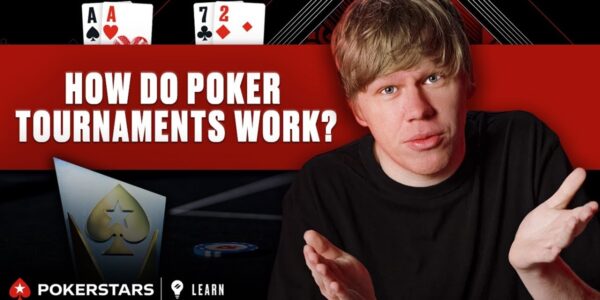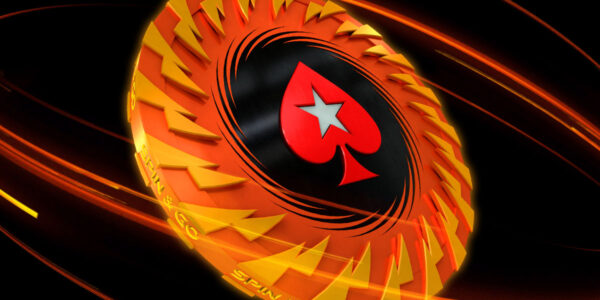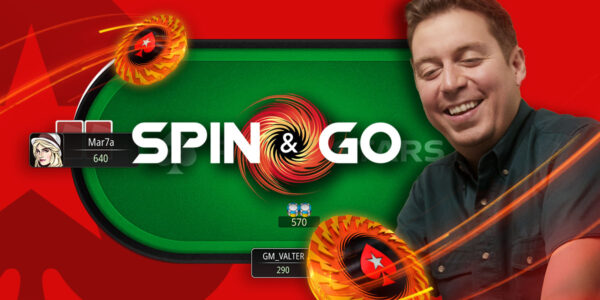When to Take a Break from the Poker Tables
Poker, with all its nuance and complexities, is an endlessly fascinating game. It’s a fun, strategic battle that can entertain us for hours.
But despite all its intricacy, the two most important bits of advice you can give to a poker player couldn’t be simpler:
Play when you’re enjoying it, and stop when you’re not.
The first part is easy. We’re sure there are some days when you’re itching to play and there’s nothing you’d rather be doing than firing up the Sunday Million or heading down to your local cardroom to pit your skills against others.
But it’s the second part that’s more difficult. Recognising when you’re not enjoying the game and need to take a break is often easier said than done.
In this article, we’re going to highlight three common situations when it’s time to take a break from the poker tables.


You’re not looking forward to it
As we mentioned, there will be days when you can’t wait to fire up a session. Perhaps you’ve been studying and want to test some new strategies, or maybe you’ve been running hot and want to keep the momentum going.
But if you ever find yourself sitting at your computer but dreading the hours you’re about to put into the game, then it’s probably time you took a break.
Tournaments especially require a big time commitment and if you don’t want to play, it’s going to be difficult to play your best game. You might end up subconsciously making bad plays on purpose so your session can end and you can do something else.
If you’re feeling this way, you should just find something you want to do and focus your energy on that instead. This will not only protect your bankroll from taking unnecessary hits, but it will also protect your mental health.
Remember why you started playing poker in the first place. It was probably because you loved the game and found it to be a fun way to spend your time.
If you’re feeling forced to play – whether it be for financial reasons or because you’ve nothing else to do – then it’s hard to look forward to it and feel a sense of enjoyment, and this will only be heightened if things don’t go your way.
Instead, take a break. Do other things. That itch – that desire to play for fun – will come back in time, and if it doesn’t, it means you’ve probably found something else you’d rather be doing.
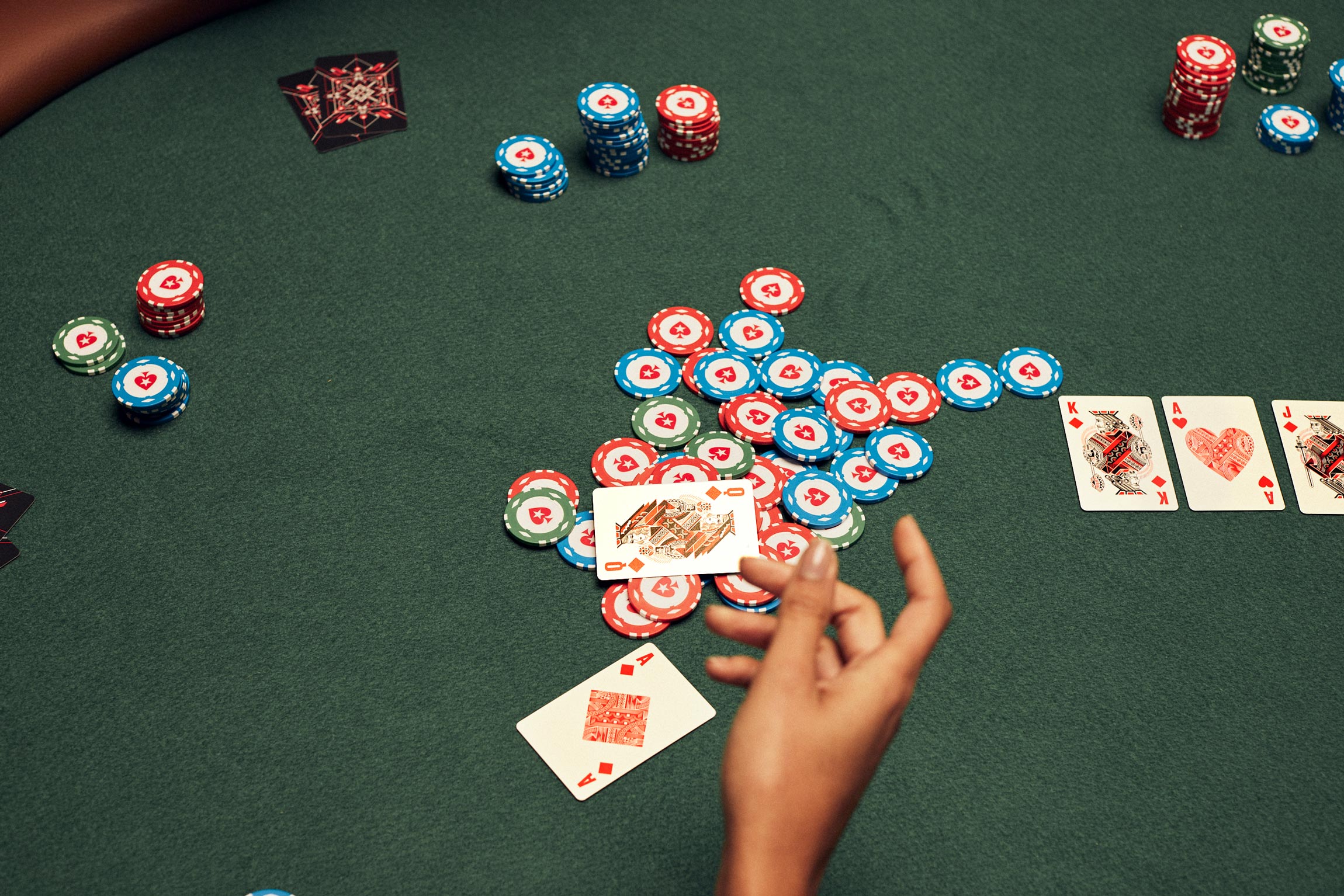

You’re on tilt
When a poker player is “on tilt” or “tilting”, it means they’re playing or acting badly due to their emotions.
On its own, not playing very well doesn’t mean you’re on tilt. It’s easy for players to have gaps in their knowledge which lead them to misplay a hand or to make an outlandish, out-of-character move based on ill-judged instinct.
So when we say a player is on tilt, we’re nearly always talking about an emotional reaction.
Tilt is what happens when our emotions negatively impact our decisions. This definition can include emotions like elation and boredom, both of which can lead to mistakes and bad play.
But more often than not, tilt refers to a state of anger. Perhaps you were a 90% favourite to win an all-in but you got sucked out on. Maybe the player to your left is three-betting you every time you open.
In a nutshell, tilt can ruin your entire session, eliminating any chance of success you might have had.
So when you feel like you’re on tilt, it’s time to take a break.
Stop registering new tournaments and instead, focus on the games you have left and do your best to play them to the very best of your ability.
Playing too high
Another reason you might need to take a break from playing poker is when you find yourself playing too high, i.e., in games that are above your bankroll.
This could be because you’ve had a bad run of luck and are trying to chase your losses. Or perhaps you managed to qualify for the event last week but failed to do so this week and decided to just buy straight in out of frustration.
The problem with both of these scenarios is that it’s going to be incredibly difficult for you to play your best when you’re financially stretched.
Think about it: Are you going to be able to pull off that triple-barrel-bluff when the buy-in has cost you a significant part of your bankroll? Probably not.
If you’ve found yourself stuck in a pattern of playing too high, take a break and protect the bankroll you have left.
When you’ve regrouped and accepted where your bankroll stands and the games you should be playing, you can come back with a refreshed focus and work your way up to those stakes the right way.
In conclusion, perhaps the most important thing for poker players to remember – particularly those who solely play online poker – is this: There will always be another game tomorrow, or the day after, or next week.
Take a break.


